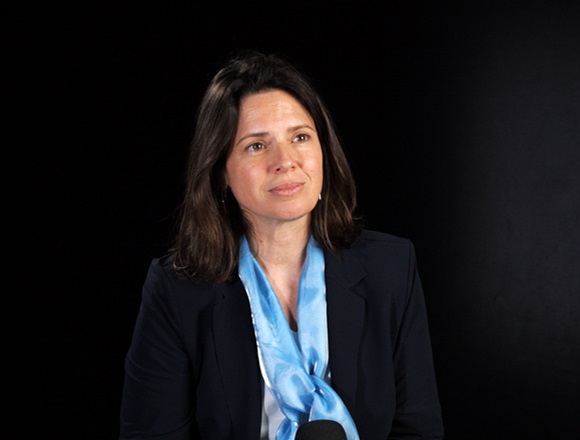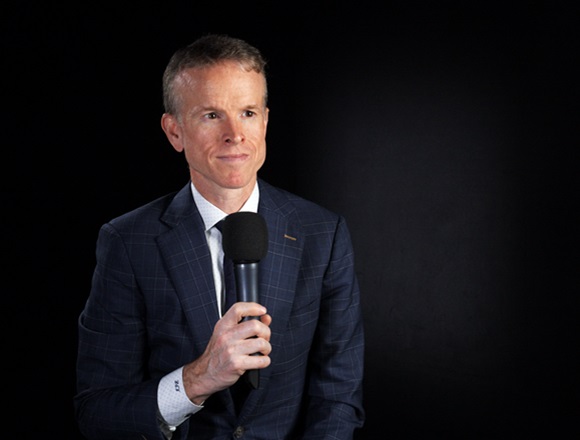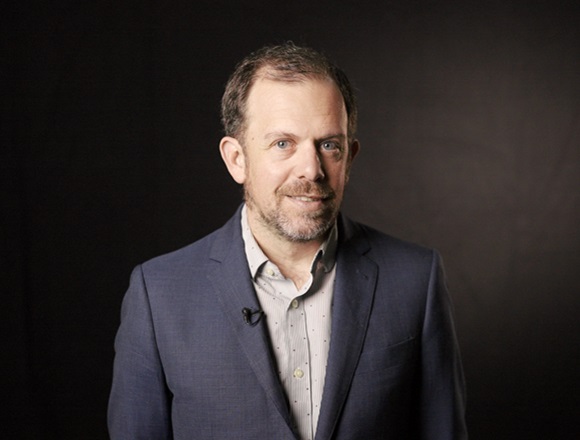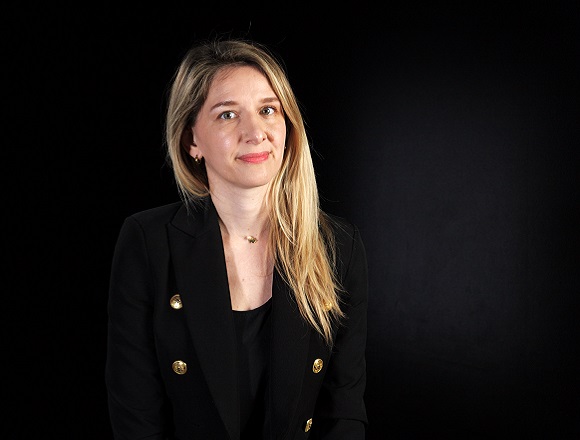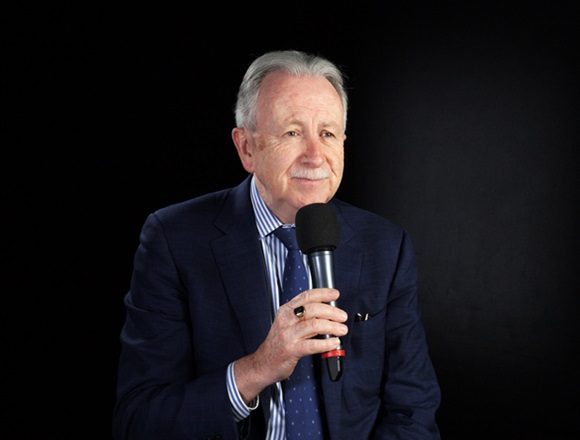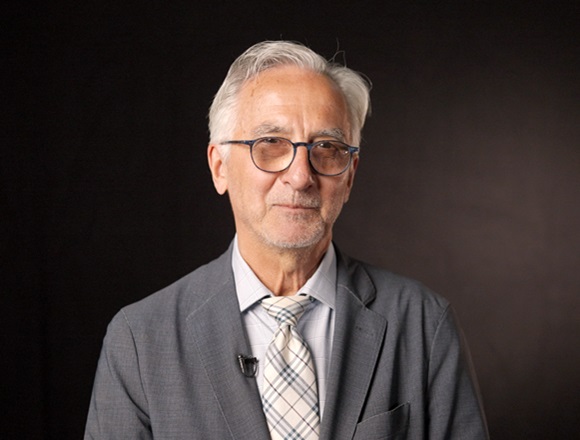Kevin Hill, MD, MS, is an addiction psychiatrist and director of the Division of Addiction Psychiatry at Beth Israel Deaconess Medical Center and associate professor of psychiatry at Harvard Medical School, USA. His research interests include the development of medications to treat cannabis use disorder. He provides consultations to organizations seeking assistance with cannabis or opioid policy.
What are the approved indications for using cannabis as a regular medication in the United States?
Kevin Hill, MD, MS: There are 3 cannabinoids that are approved by the Food and Drug Administration (FDA) in the United States. Number one is dronabinol, which is pure tetrahydrocannabinol (THC). Number two is nabilone, which is a cannabinoid receptor 1 (CB1) agonist, and they are FDA approved for one of the two things: either nausea and vomiting associated with cancer chemotherapy or appetite stimulation in certain wasting conditions like HIV infection. The third cannabinoid that was approved was the cannabidiol (CBD), approved in 2018 by the FDA, and that’s FDA approved for 3 types of usually pediatric seizure disorder: (1) Lennox-Gastaut syndrome (LGS), (2) Dravet syndrome (DS), and (3) seizures associated with tuberous sclerosis.
It’s important to point out that in the United States, whole-plant cannabis is not FDA approved, but there are certain cannabinoids that are FDA approved.
 English
English
 Español
Español
 українська
українська

